„Our mission is to make highly nutritious “ready-to-use“ food products more accessible and affordable to those who need them most, while also increasing awareness of their benefits and therefore generating demand.“
Rwamwanja Rural Foundation
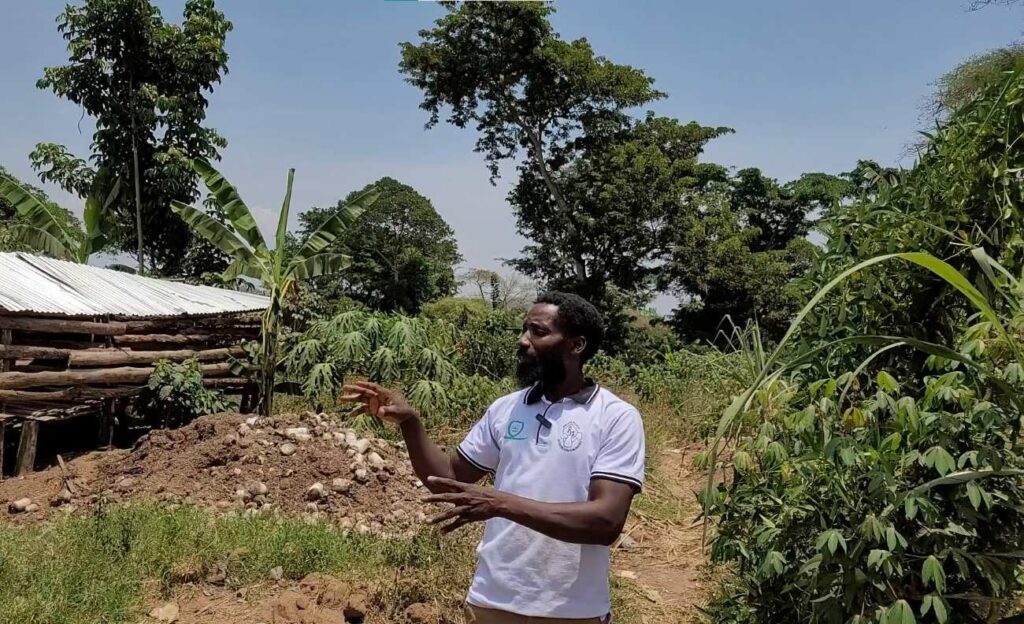
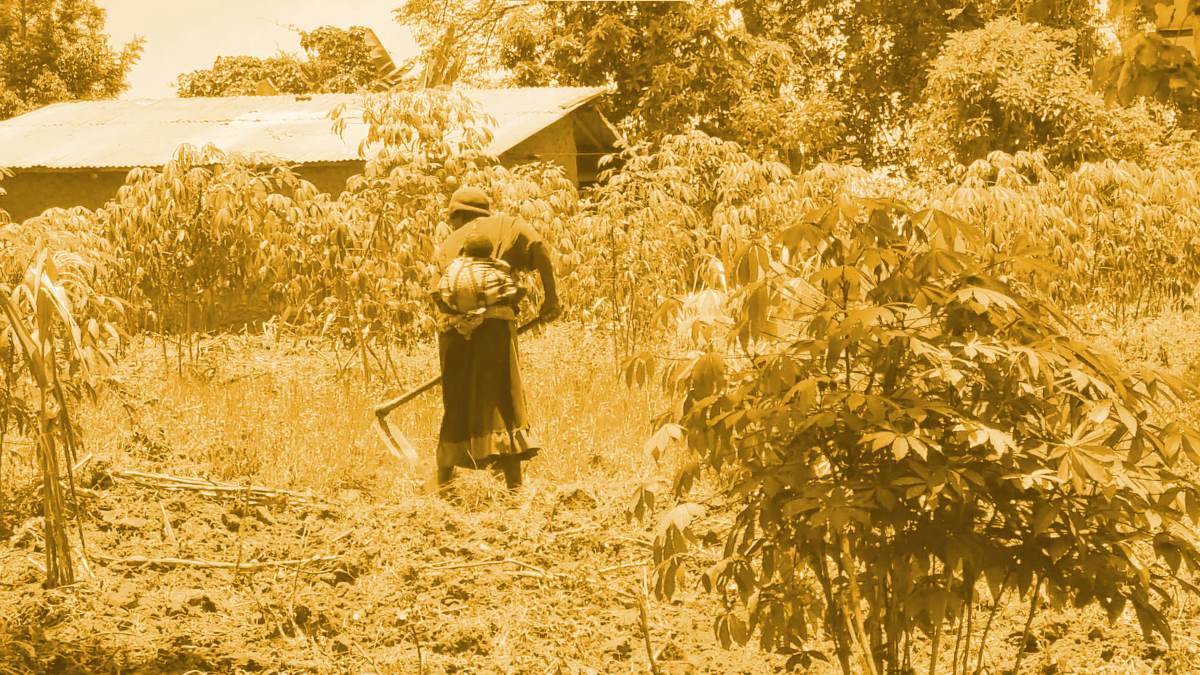
Rwamwanja Rural Foundation
How can refugees achieve food sovereignty? The team from Rwamwanja Rural Foundation is building better livelihoods with permaculture. The Rwamwanja Rural Foundation Ltd. (RRF) is a grassroot organisation in the south-west of Uganda. Bemeriki Bisimwa Dusabe, a refugee from Congo, started the organization in 2015. It is run by refugees and aims at defeating malnutrition in the settlement. By educating their neighbours about permaculture, the foundation empowers refugees to grow their own food and to take a first step in leading a self-determined life. RRF emphasises that refugees should start growing their own food – even if their garden or plot is very small, because regenerative farming practices like permaculture can get a lot out of it. Participants and team members are mainly youth and women
Rwamwanja Rural Foundation

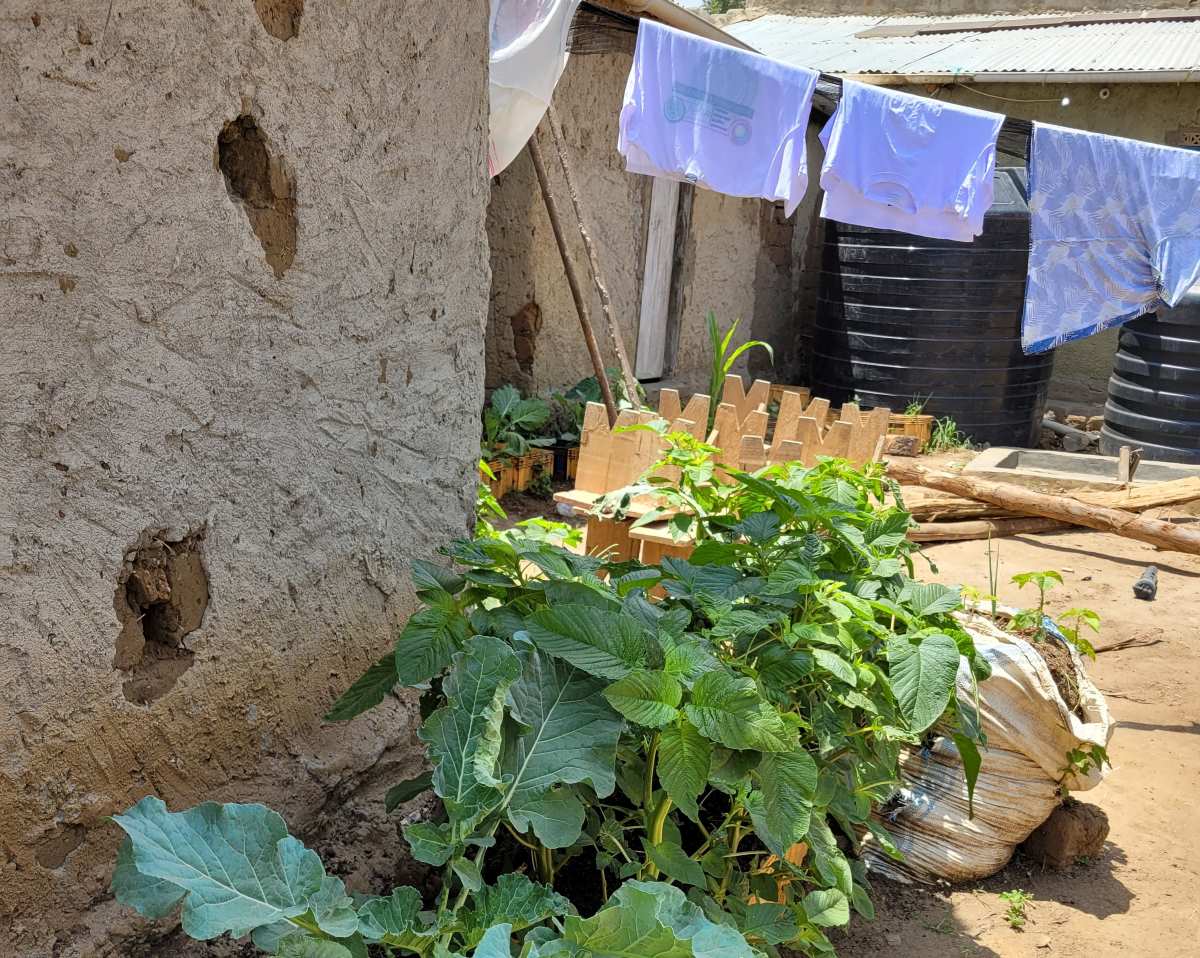
People trained by RRF receive trainings for every step of the way: site analysis, design, installation and observation. Important topics of the courses are how to improve the soil and what to consider when installing kitchen gardens. In order to supply new permaculture practitioners with all they need without being dependent on others, the organization produces the seeds in their gardens.
Over 97.000 people live in the Rwamwanja Refugee Settlement in Uganda – with only 8 primary schools. The need for education is high. In addition to permaculture, RRF provides general education, as well as seminars in mushroom production and soap and shampoo manufacture. It addresses the empowerment of women in particular through tailoring projects.
Why does the Rwamwanja Rural Foundation apply permaculture and what do beneficiaries learn?
As a fast-growing, nutritious food, mushrooms are very beneficial for refugees. They can grow them easily in dark parts of their houses, even under beds, and harvest their mushroom gardens after only 4 weeks and produce meals, medicines and spicy powders. Residents of the refugee settlement can feed their families from mushrooms and even sell the surplus. Permaculture trainer Bemeriki from RRF trains over 50 families in mushroom production and provides materials for starting up with their own mushroom gardens.
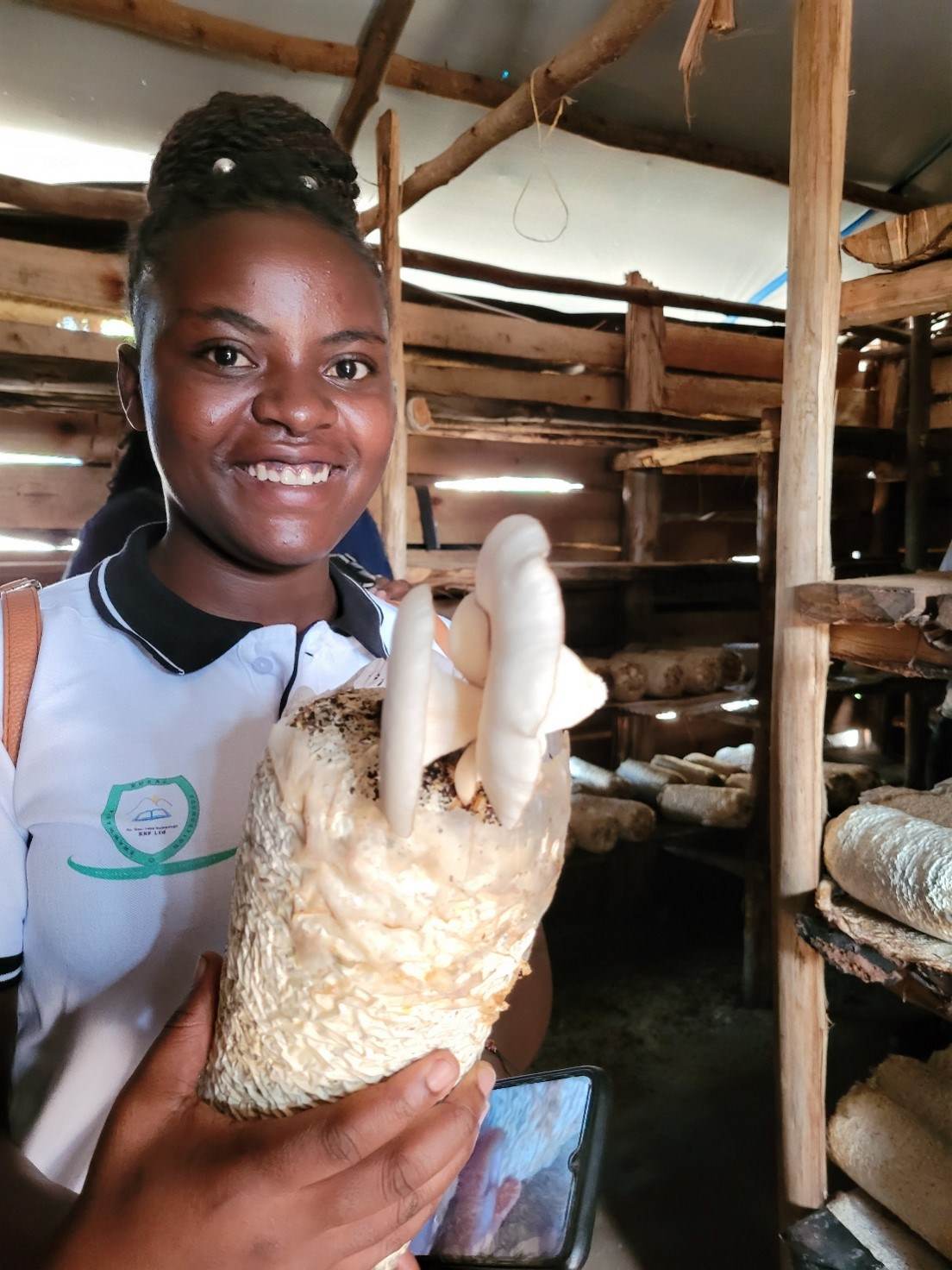
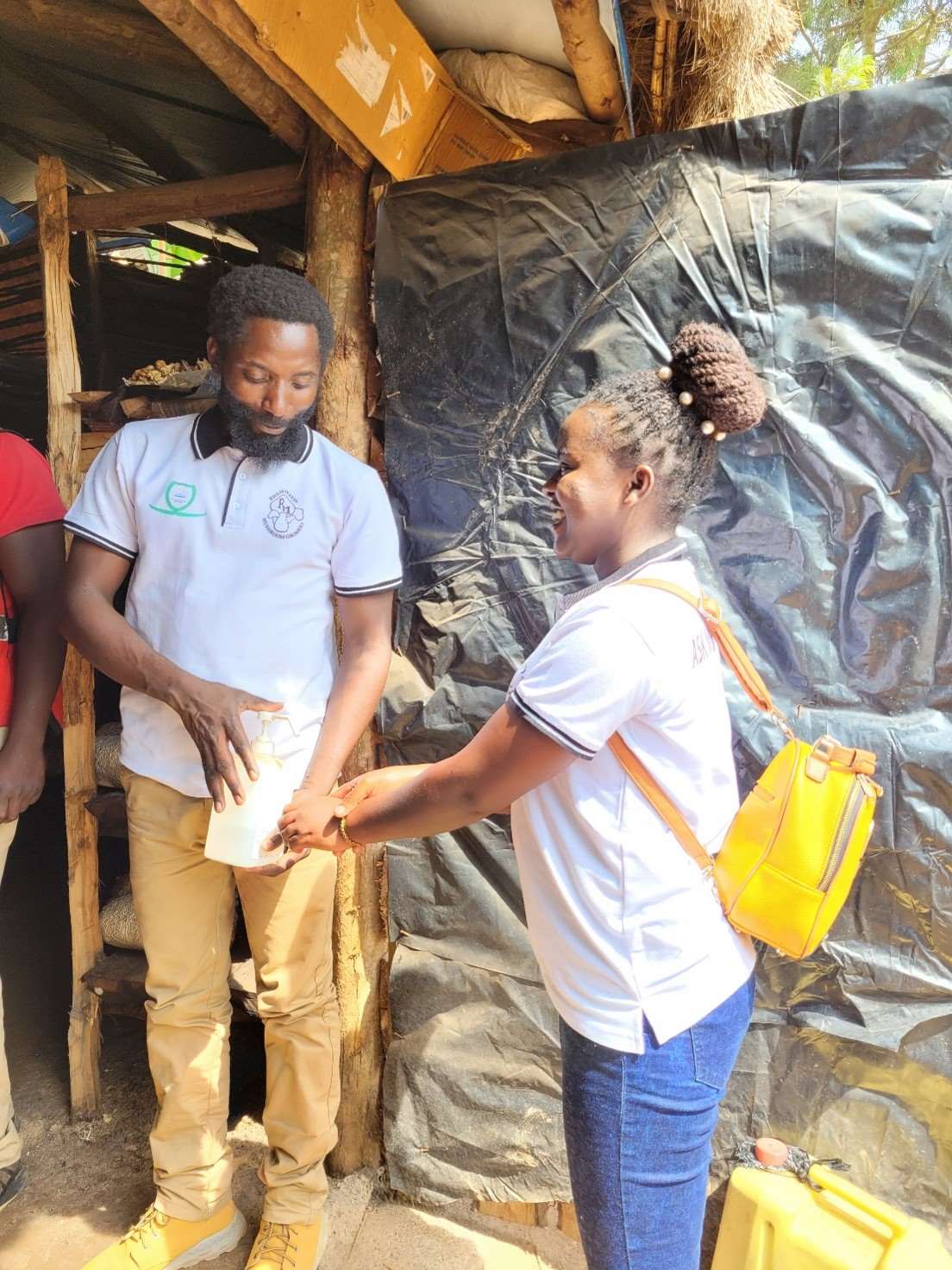
The team of Rwamwanja Rural Foundation sees themselves as social entrepreneurs: “We believe that combining humanitarianism and business represents a vision for development that is in tune with the current world’s economic environment.” They want to become independent of donations and public financial support. Especially at a time when aid budgets are being cut, ethical business models that generate their own financial resources are successful over a longer period of time.
Rwamwanja Rural Foundation beneficiary
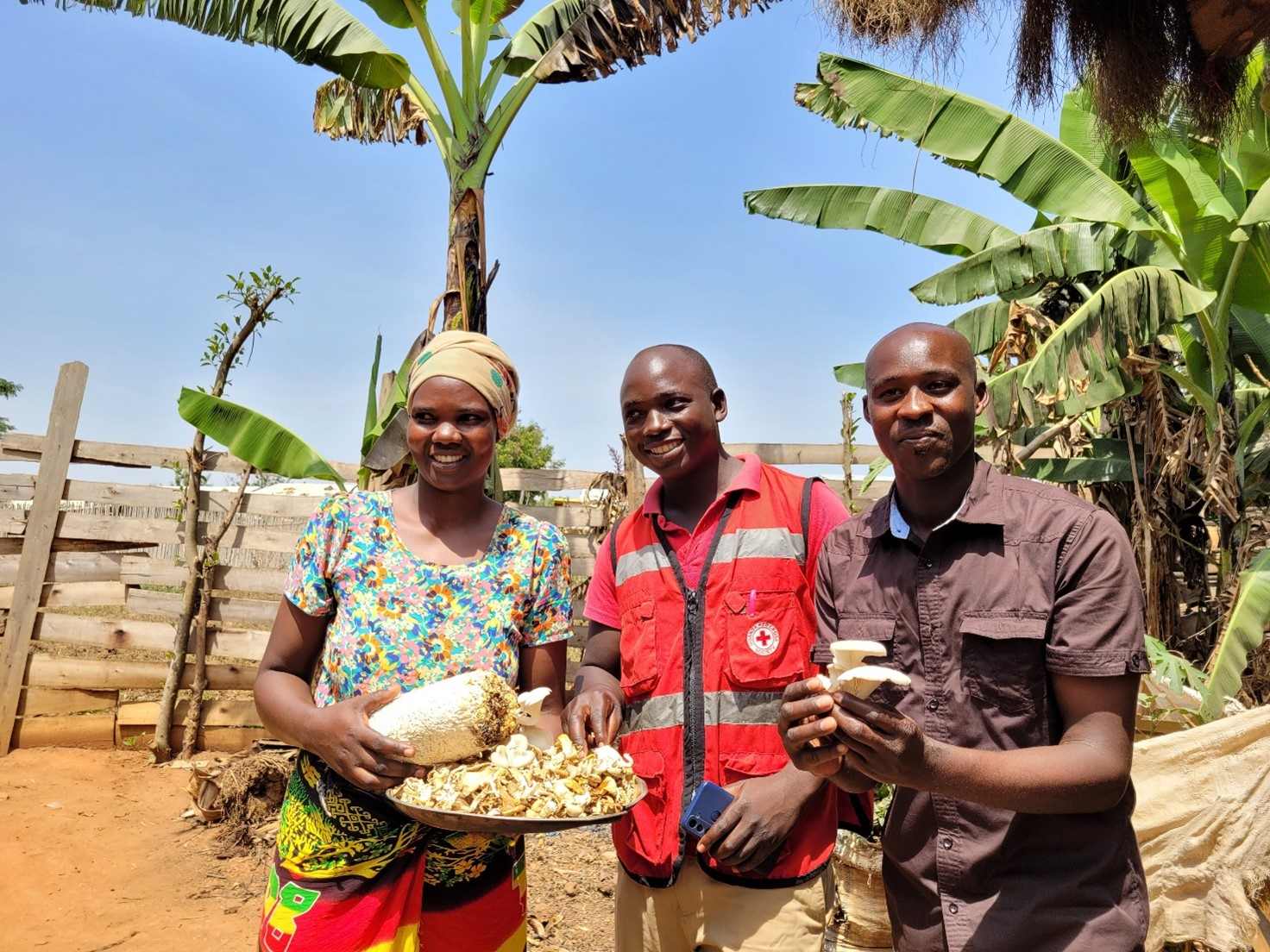
The focus of Rwamwanja Rural Foundation in 2023 is expanding:
Funding for these projects is very welcome and contributes to achieving all 17 Sustainable Development Goals.

The Rwamwanja Rural Foundation works together with Ethos foundation, Regenerosity, Abundant Earth Foundation, UWC South Eastern ASIA and Generation Restoration.
Inspired by Permaculture: The Permaculture Song:
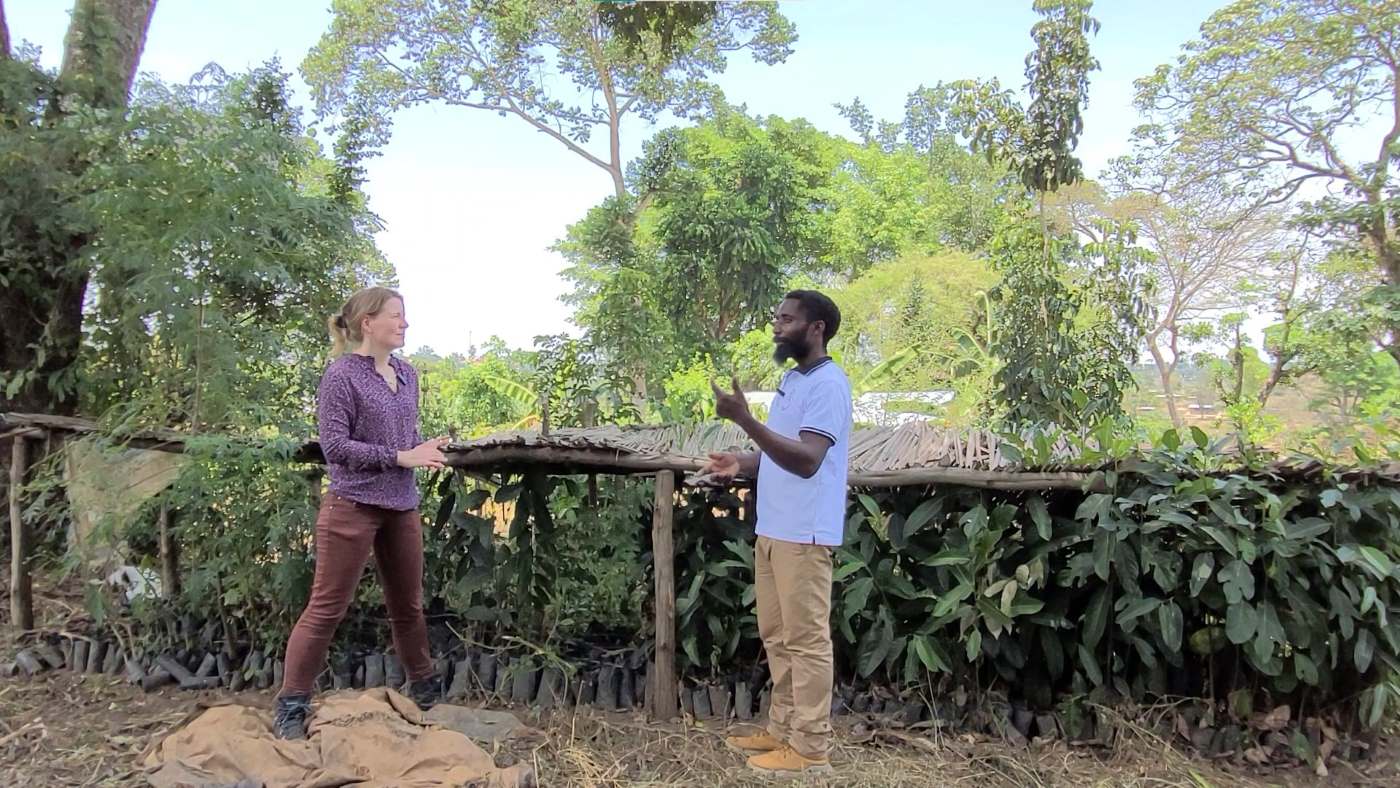
| Cookie | Duration | Description |
|---|---|---|
| cookielawinfo-checkbox-analytics | 11 months | This cookie is set by GDPR Cookie Consent plugin. The cookie is used to store the user consent for the cookies in the category "Analytics". |
| cookielawinfo-checkbox-functional | 11 months | The cookie is set by GDPR cookie consent to record the user consent for the cookies in the category "Functional". |
| cookielawinfo-checkbox-necessary | 11 months | This cookie is set by GDPR Cookie Consent plugin. The cookies is used to store the user consent for the cookies in the category "Necessary". |
| cookielawinfo-checkbox-others | 11 months | This cookie is set by GDPR Cookie Consent plugin. The cookie is used to store the user consent for the cookies in the category "Other. |
| cookielawinfo-checkbox-performance | 11 months | This cookie is set by GDPR Cookie Consent plugin. The cookie is used to store the user consent for the cookies in the category "Performance". |
| viewed_cookie_policy | 11 months | The cookie is set by the GDPR Cookie Consent plugin and is used to store whether or not user has consented to the use of cookies. It does not store any personal data. |